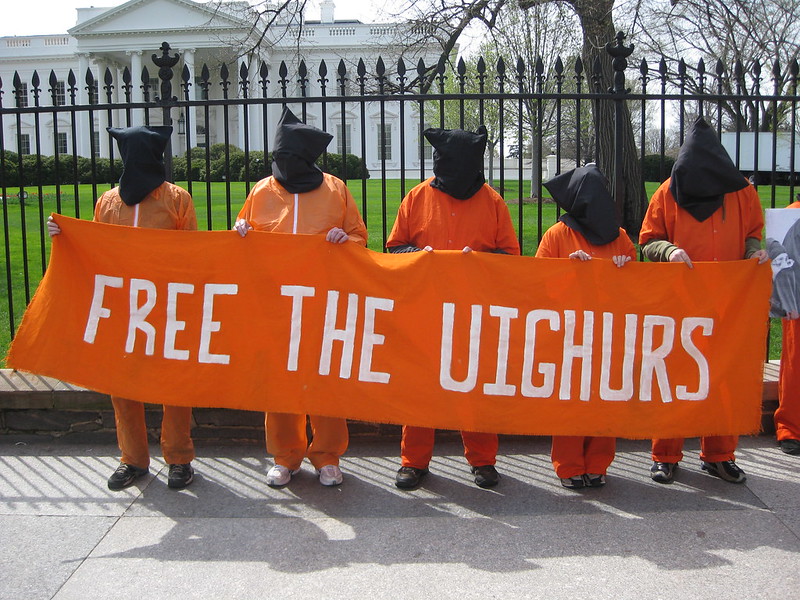 POLICY
POLICY
 POLICY
POLICY
 POLICY
POLICY
Electronics components company Lens Technology Co. Ltd. has been using forced Uyghur labor workers, according to a new report that was published in the Washington Post today.
The investigation, which was undertaken by the Tech Transparency Project, found that thousands of Uyghur Muslims mostly from Xinjiang, China, were being forced to work in factories. Lens Technology has had a long relationship with Apple Inc. but has also supplied components to Amazon.com Inc. and Tesla Inc., according to the report. (The Muslim group is also spelled Uighur by many press outlets.)
It’s alleged that as part of a “poverty alleviation” program set up by the Xinjiang-Suzhou Chamber of Commerce, the workers were sent to factories in Hunan province. Earlier in December, reports stated that while China may have released prisoners from “re-education” camps in Xinjiang, graduates of those camps were moved on. “Some detainees have been released, others have been placed in factories, while others still have been sentenced,” an expert on the matter told The New York Times.
TTP claims that there’s evidence that Apple’s relationship with the company goes back to when the first iPhones were being produced. Apple has always said that it rigorously monitors the supply of components, although according to TTP, the evidence that Muslim labor is being used in Lens Tech’s factories can be found on the internet.
Indeed, a video online titled “Lens Tech Uyghurs celebrating National Day” shows workers of Xinjiang origin. Nonetheless, in a statement, Apple said it could confirm Lens Tech wasn’t using labor transfers of Uyghur workers from Xinjiang on its own production lines.
“Apple has zero-tolerance for forced labor,” Apple spokesman Josh Rosenstock told the Post. “Looking for the presence of forced labor is part of every supplier assessment we conduct, including surprise audits. These protections apply across the supply chain, regardless of a person’s job or location. Any violation of our policies has immediate consequences, including possible business termination.”
Although forced labor might be used in the factories, it doesn’t necessarily mean the workers have produced items for any U.S. companies, although the connection worries activists. That’s all the more so after it was found in November that Apple was one of several companies that lobbied against the “Uyghur Forced Labor Prevention Act,” which would affect supply chains from China.
Amazon and Tesla have not yet commented on the matter.
Support our mission to keep content open and free by engaging with theCUBE community. Join theCUBE’s Alumni Trust Network, where technology leaders connect, share intelligence and create opportunities.
Founded by tech visionaries John Furrier and Dave Vellante, SiliconANGLE Media has built a dynamic ecosystem of industry-leading digital media brands that reach 15+ million elite tech professionals. Our new proprietary theCUBE AI Video Cloud is breaking ground in audience interaction, leveraging theCUBEai.com neural network to help technology companies make data-driven decisions and stay at the forefront of industry conversations.